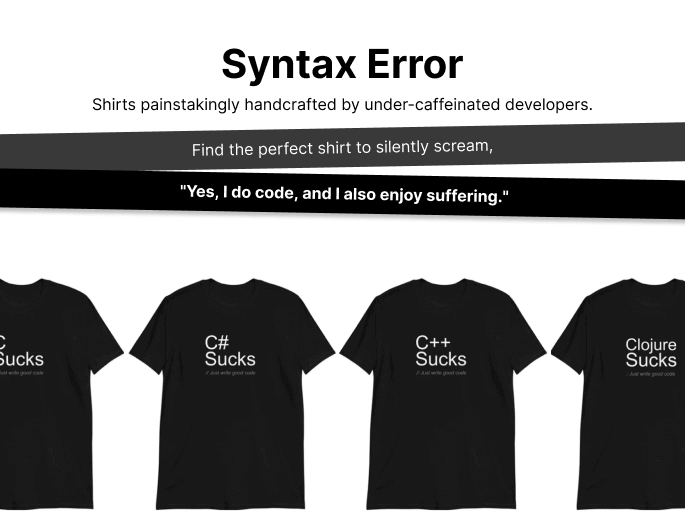Source: www.upguard.com
Meeting the Third-Party Risk Requirements of the CCPA in 2022 | UpGuardWe think you might be interested in this job:
Prismatic
Identify all Vendor Risks and Security Vulnerabilities Threatening Consumer Data Safety
The automation of attack surface monitoring allows you to scale the assessment of open-source vendor data to identify potential security threats placing consumer data at risk.
By dividing vendors involved with consumer data processing across tiering categories increasing in criticality, this risk matrix could further improve communication of your state of third-party consumer data security to the California Privacy Protection Agency.
Related Articles
Community Partners
DevOps Careers






